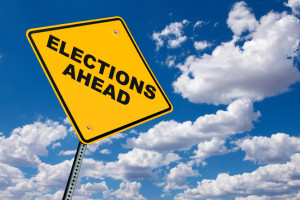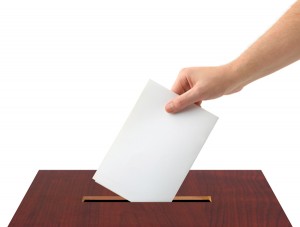 By Steve Brawner, © 2018 by Steve Brawner Communications, Inc.
By Steve Brawner, © 2018 by Steve Brawner Communications, Inc.
For most Arkansans, their first exposure to electoral politics comes in Student Council elections. This year’s election will be a lot like those in one way. In another, quite different.
It will be like Student Council elections in that voters will mostly mark the names of their “friends” – their party’s candidates.
There was a time when many voters proudly asserted that they voted for the candidate, not the party. Today, while more people call themselves “independents,” dwindling numbers actually vote that way. We may not outwardly identifying with a party, but we do inwardly, and that’s how we vote. Continue reading Student Council elections for grown-ups
